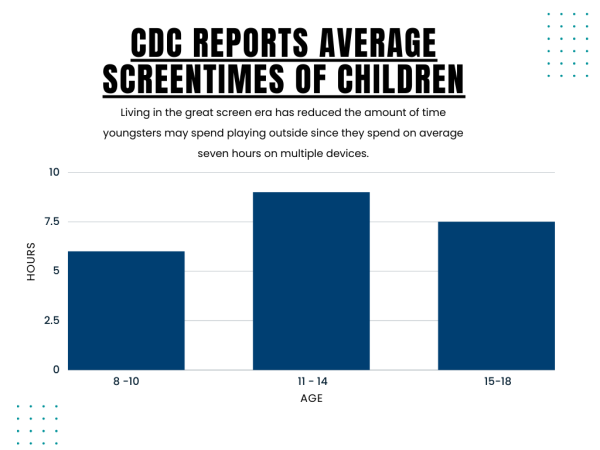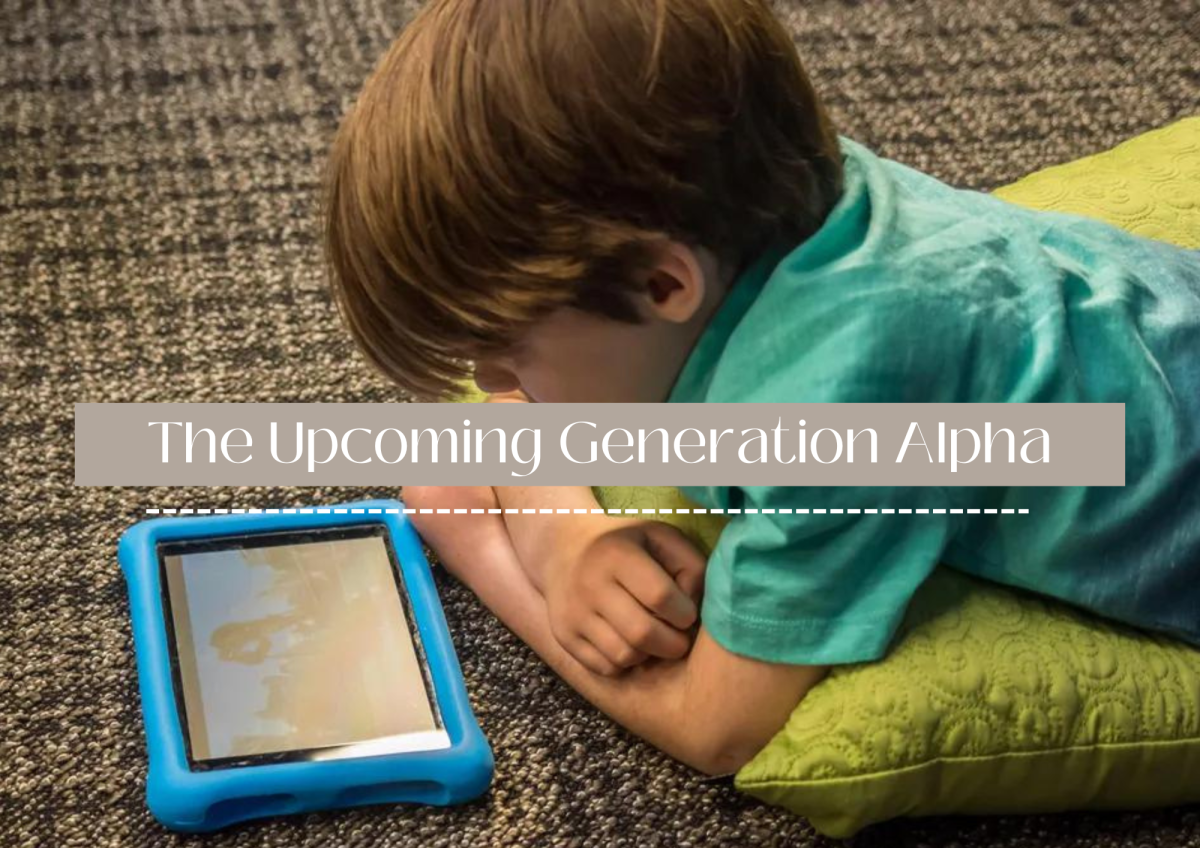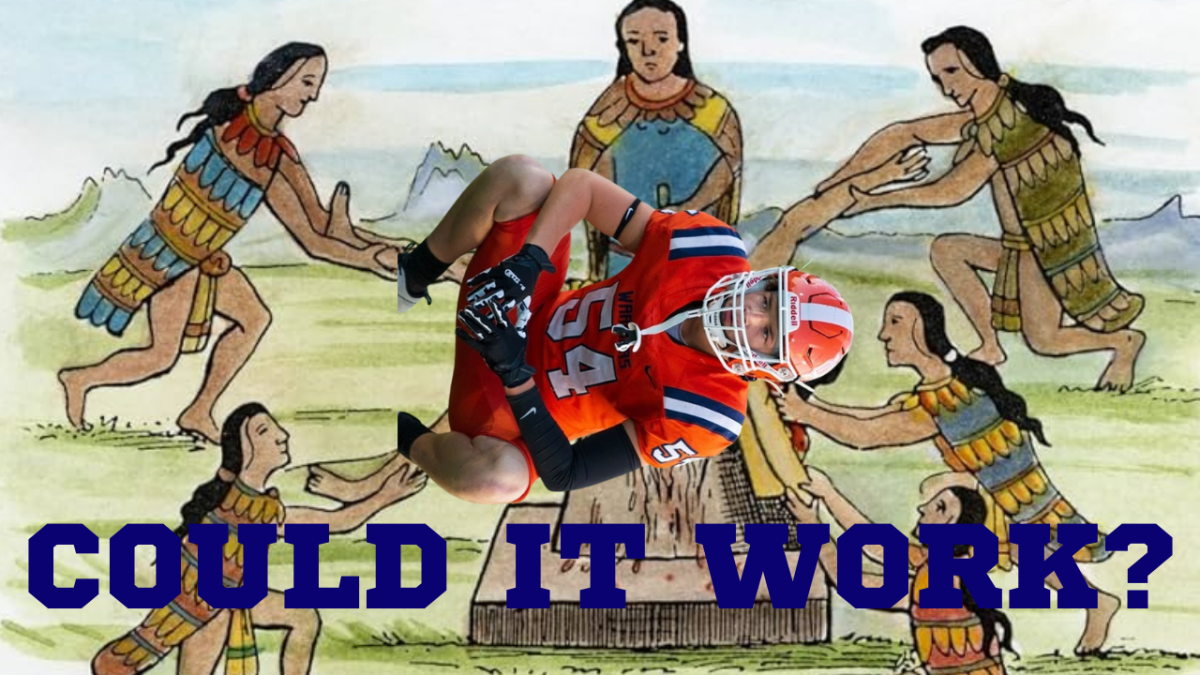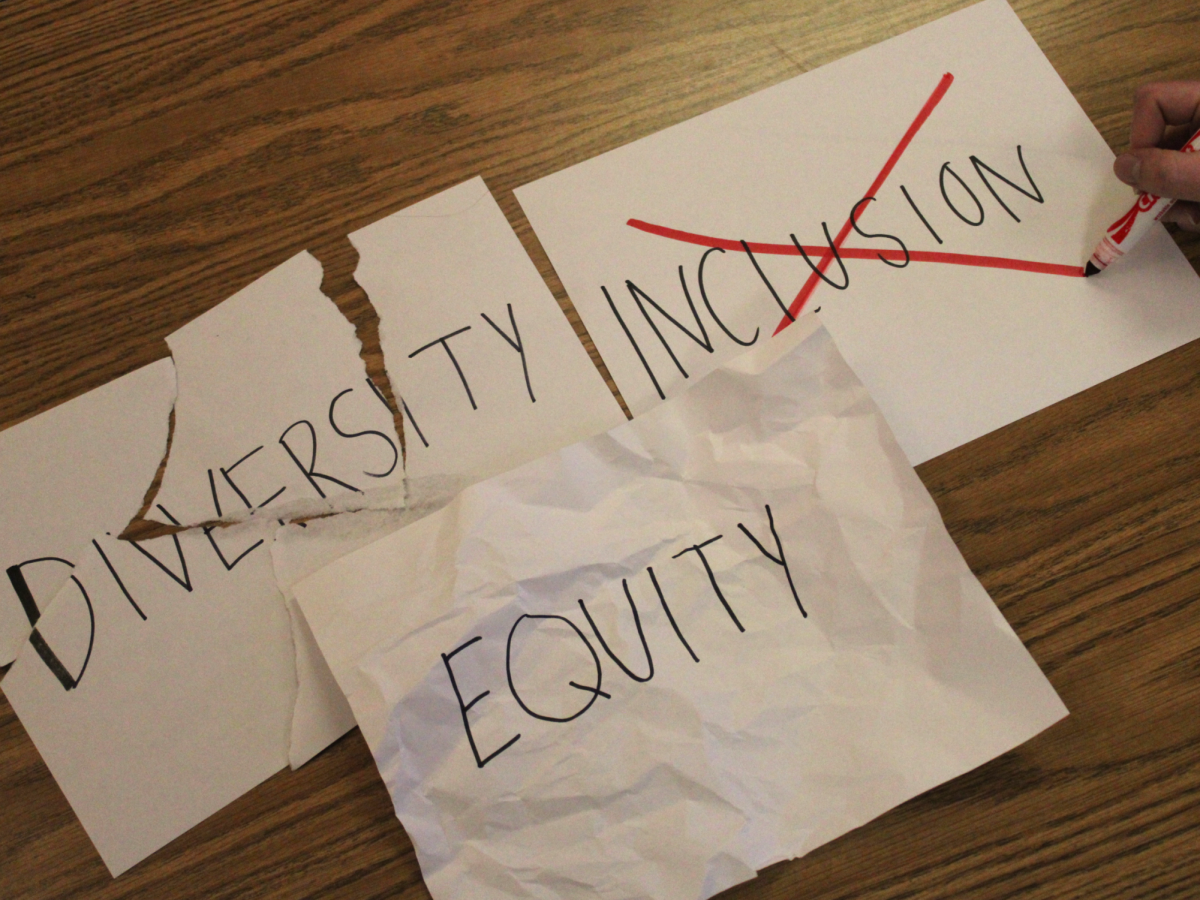The forthcoming Generation Alpha, also known as the Mini Millennials, displays various perspectives from the rest of the world. Heavily affected by the consumption of technology, Gen-Alpha appears as an introverted population. While they hold online connectivity that can expand their social consciousness, their access to technology can destroy their development. Their generation represents the children born entirely in the 21st century and holds a range of birth years between 2010-2025. The continue in their birth rate makes their character challenging to judge demographically. Gen-Alpha marks the part of the population that will begin to initiate a significant effect on future social mobility. As the great screen-age generation, they already hold the advantage of unlimited access to a variety of online platforms.
“My 12-year-old sister was in elementary school when COVID started. Observing her, I can say her generation lacks a lot of social skills since the pandemic left them stuck at home. I also believe they are maturing way too fast, because why are they not going through their ugly stages like we did in middle school,” magnet sophomore Justina Stewart said.
The emergence of COVID disrupted the young generation’s early adolescent development. The outbreak’s social isolation and stress caused a negative impact on numerous young children, particularly on the lack of social interactions, resilience and a life wholly raised on tablets. With unrestricted access, kids have increasingly involved themselves in social media trends to blend in with older people. Society has normalized seeing young children wear revealing clothes such as crop tops to dress older and resemble teenagers.
“My 13-year-old sister is one of the sassiest people I’ve seen on Earth. She can be funny and sweet occasionally, though. One thing I find different about their generation compared to mine as a Gen Z is that they seem older than their age. I would blame the internet for this since they’re the generation born into the internet and when all the social media started to exist,” sophomore Madison Aldridge said.
Gen-Alpha engages heavily on social media platforms rather than in real life. Critics argue that children have learned to maintain online connectivity and expand social consciousness with highly opinionated minds through access to media. The Alphas represents the generation that grew increasingly conscious of inequalities among various categories: sexualities, gender roles, tastes and lifestyles. Their perspectives and interactions with the future world will become widely shaped through their increased connection.
However, with all of their available connections, these kids will destroy or have already destroyed their youth. Growing up in a technological age takes away the experiences of playing outside till dawn, acting recklessly and other physical activities that children engage in during their childhood development. Children become so intent on wanting to behave like grown-ups that they will not know how it feels to grow up as a kid. Multiple children have turned into introverts and socially awkward beings as a result of the internet. The prevalence of digital communication has caused an overall decline in face-to-face communications, reducing their social skills and acquiring communication skills.
People may agree that the world will change throughout the course of several generations and that each generation will live their lives differently. As for the Gen-Alphas, they already appear different from the rest of the population. The COVID-19 pandemic exacerbated current technological trends among Gen-Alphas, which led to the promotion of increased digital interactions and access to a wide variety of online connections, virtual schooling and remote classrooms. These young children came to rely significantly upon the enjoyment of social media and the sentiments that come from it as a result of the widespread isolation.
The result of the pandemic made these young kids spend longer time at home than they normally would, which weakened their social cues and brought out disadvantages in their youth development. Social awkwardness will play a huge role if social awareness fails to impart to these children.












